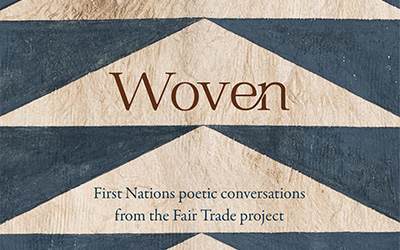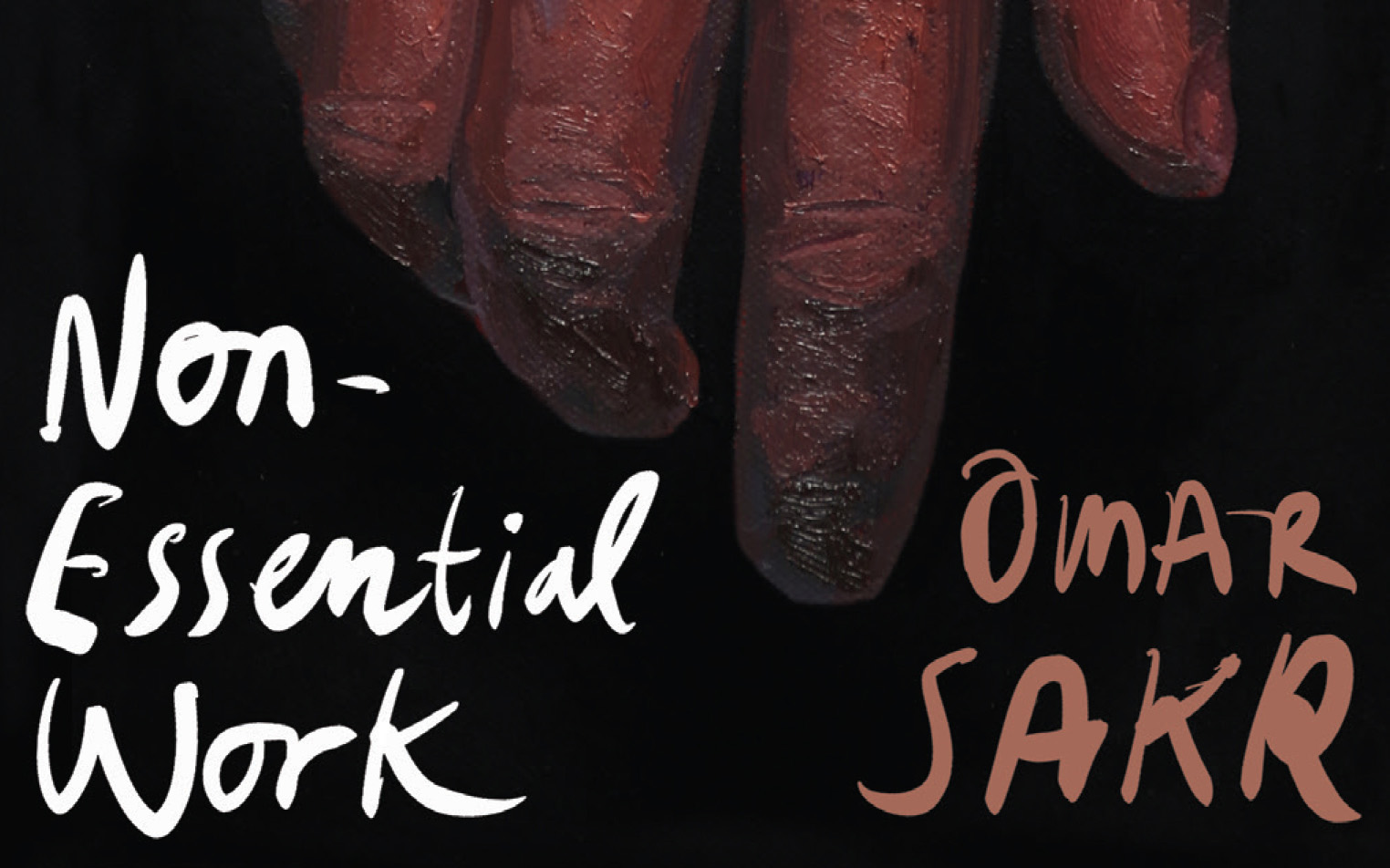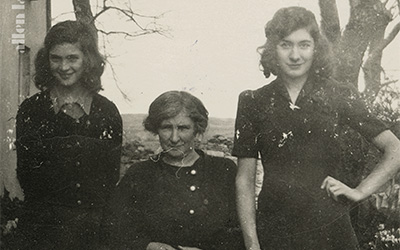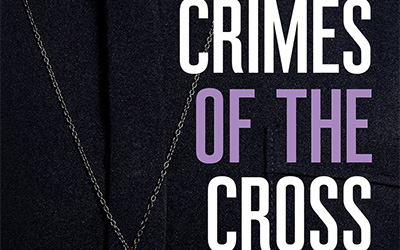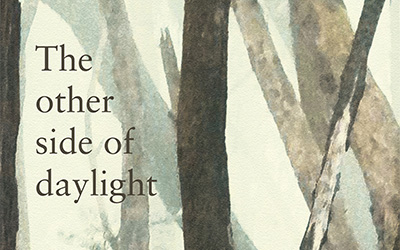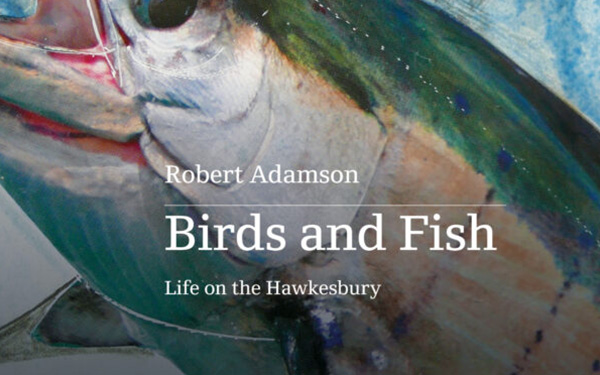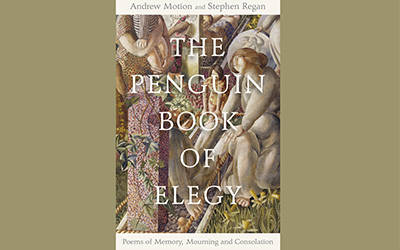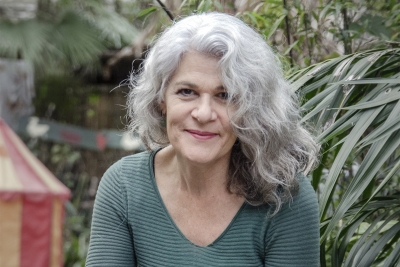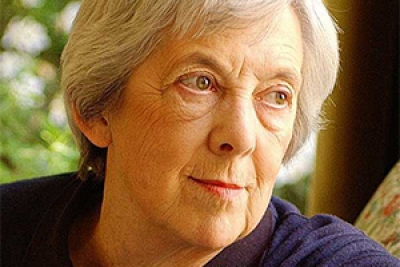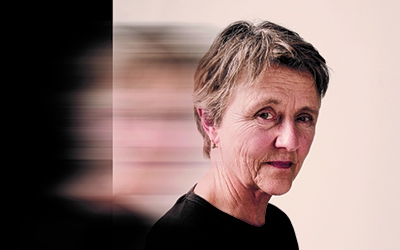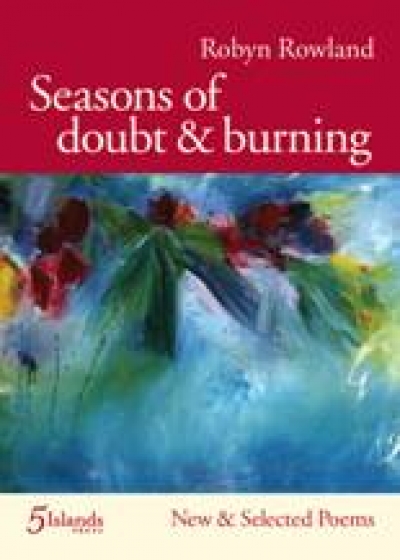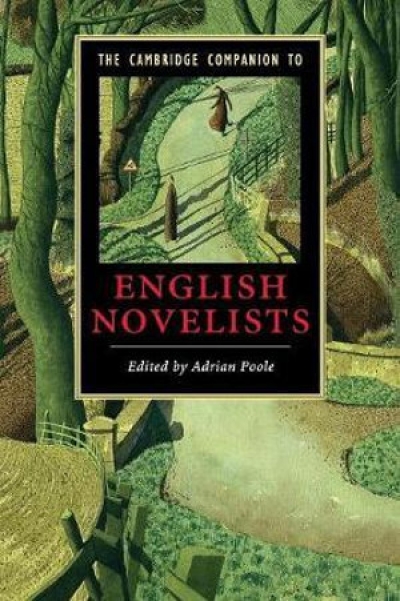Poetry
Woven: First Nations poetic conversations from the Fair Trade project edited by Anne-Marie Te Whiu
The concept of Woven, a Fair Trade project from Red Room Poetry, seems simple but the reality is complex: one local First Nations poet is paired with another First Nations poet from another continent, and together they create a poem. This is an ambitious undertaking for the poets themselves and especially for the editor, Māori poet Anne-Marie Te Whiu, who should be commended for stewarding this project through the last few tumultuous years. The resulting book is a gorgeous tapestry of weavings from some fine poets.





